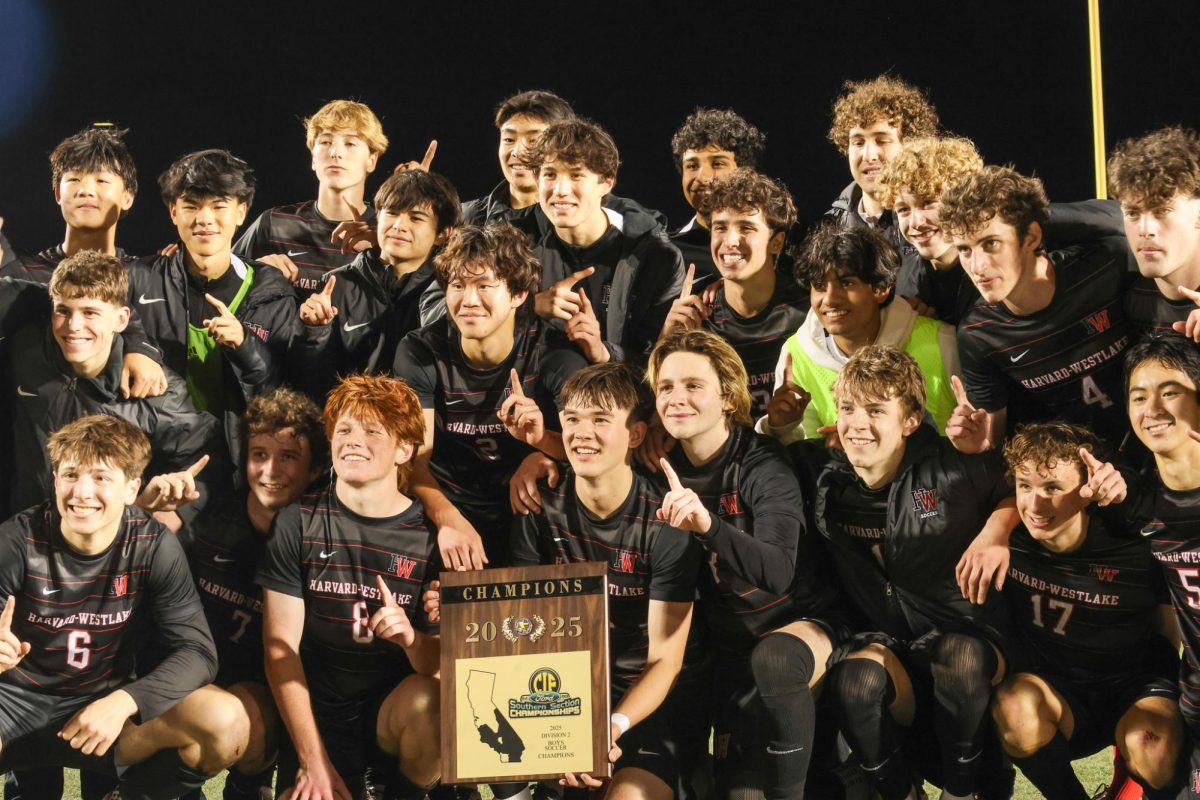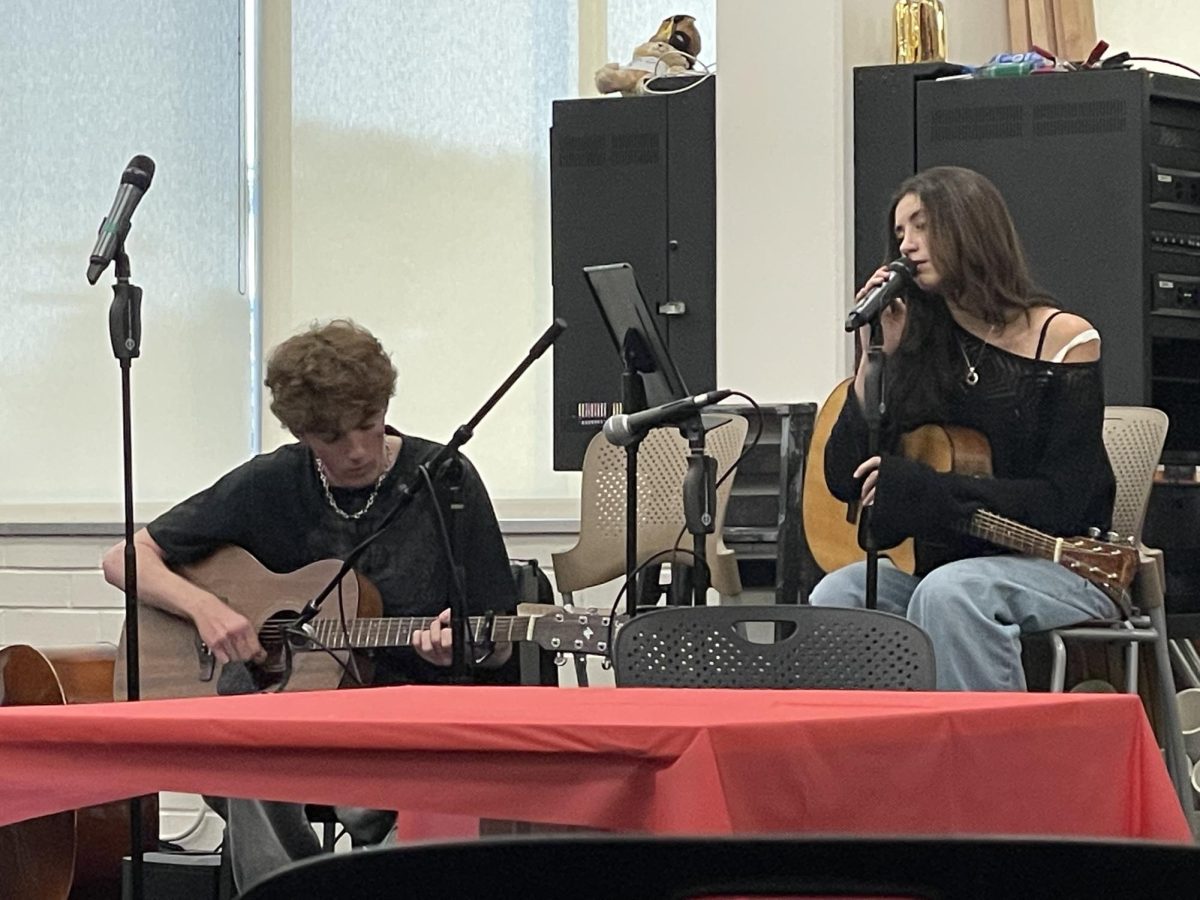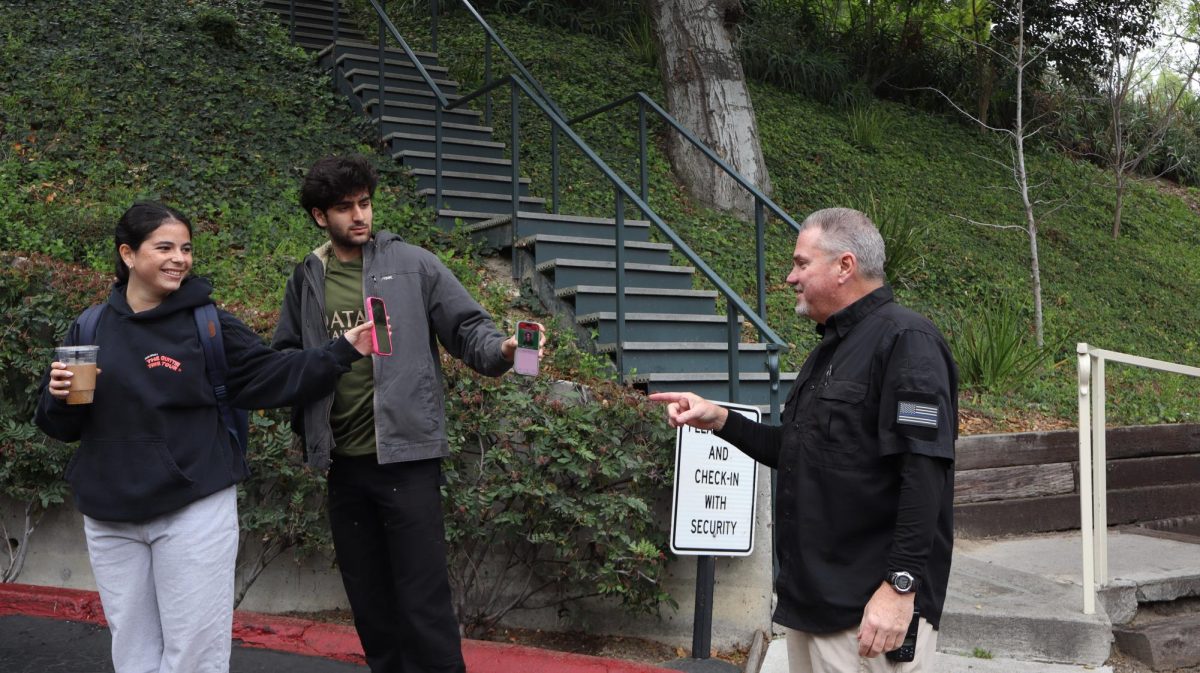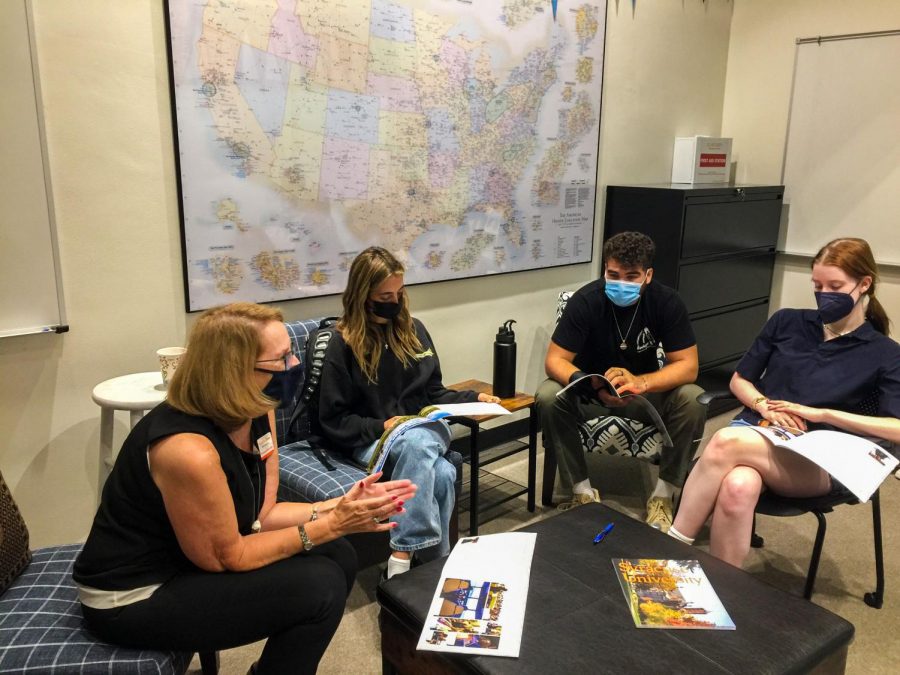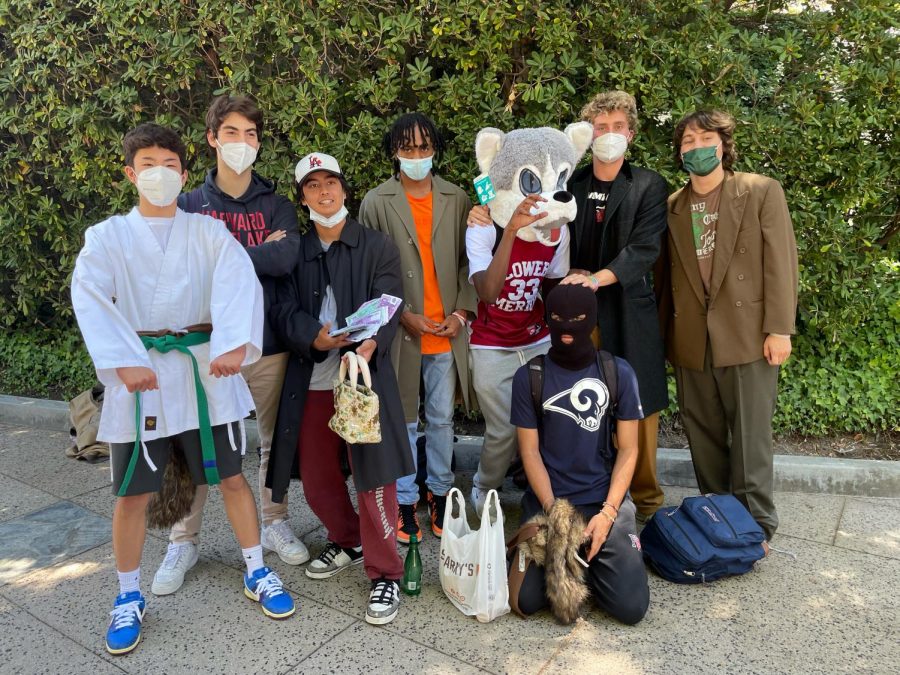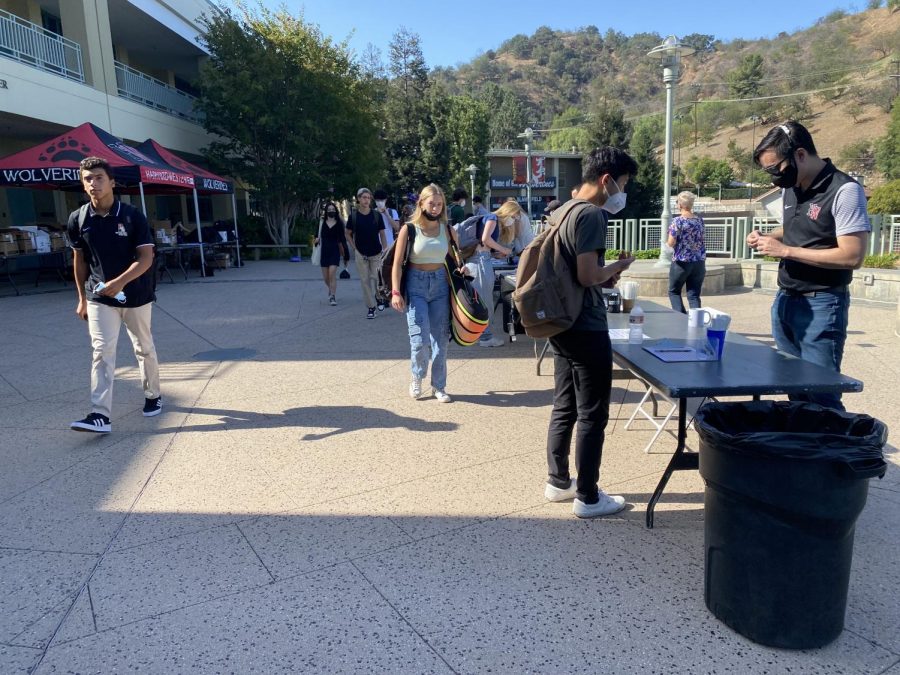In response to surveys sent out to the student body following the first late-start block schedule days Oct. 25-26, the administration will slightly adjust the second pair of late-start block days in March.
Based on the students’ feedback, the Scheduling Committee will consider shortening the class periods and tweaking their order, Head of Upper School Laura Ross said.
“I think [the responses] really showed people that if you’re going to have longer class blocks, they have to be planned differently both for teachers and kids,” Ross said. “I think for the teachers it was hard especially for those who had three classes in a row to teach actively without a break.”
During the block schedule days, all classes met for 70 minutes, and there were no X periods. Periods one, three, five and seven met on the first day and periods two, four, six and eight met on the next. All students shared a 25-minute-long lunch period in the middle of the day.
“I thought it would be nicer because of having those long free periods, but really those two days didn’t give me much of a sense of it,” Xander Boldt ’20 said. “I only had one free period throughout the whole thing. I actually didn’t like it that much because the classes I don’t like were even longer, so having to sit through those for even more time was torturous for me.”
Xenia Bernal ’19 said that while she imagined that longer periods would benefit some of her classes, like her AP Spanish Literature and Culture class, in which students mostly read, discuss and analyze texts. Bernal, however, said that some classes felt unnecessarily lengthy.
“There’s a balance,” Bernal said. “I appreciate being able to wake up later, but I also thought the classes were stretched out too long and [the new schedule] didn’t really work out for the majority of students.”
Bernal said that she discussed the schedule with her Spanish teacher and that they agreed that more discussion-based classes, like theirs, could benefit from a schedule in which classes had longer periods but wouldn’t meet as often.
Math teacher Kathleen O’Connor said she appreciated the opportunity to include a hands-on project in her Trigonometry and Functions and Introduction to Calculus Honors classes. Students wouldn’t have normally had that time to engage in an interactive activity, O’Connor said.
“I was hoping by doing the hands-on activity that it might help them learn it better,” O’Connor said. “Truthfully, because I didn’t get to try it both ways, I don’t know if they did learn it better; that was the hope.”
Boldt said that despite the fact that the classes he disliked were longer, he enjoyed the classes that included hands-on learning.
“Most of the time, we played some games or did fun things, which I liked a little bit more, rather than just learning and listening,” Boldt said.
As teachers utilized the trial block period days differently, some students said they enjoyed the longer and more immersive classes while others felt the longer classes weren’t as productive. Also, within the surveys, students indicated that the common lunch period were not long enough, Ross said.
“The lunch periods were very short, so sometimes I didn’t get to eat lunch, so that definitely made my day a little worse,” Robert Osborne ’20 said. “And some teachers have really long lectures, so overall I’m not sure if it really paid off, having a block schedule.”
Students said that while they enjoyed being able to sleep in more, as school started at 10 a.m., the late-start days posed challenges for students who relied on others for transportation.
“I feel like in some aspects, it was a lot easier because I was able to sleep in a little more and do homework in the morning and some at night and split it up,” Osborne said. “But also there was a bit of a challenge because my parents go to work pretty early so finding a way to get me to the bus was a little bit of a hassle also.”
Some students seemed apprehensive about the late-start block schedule days, O’Connor said. She noticed, however, that her students were very energetic and engaged in class for the majority of their lessons. After the late-start block schedule days, students said that would appreciate the opportunity to have more trial days in the future.
“I think they should definitely try it once more or at least poll more people and have their opinions,” Boldt said.
The Committee will visit 20 schools around the country to research school-wide schedule changes that will be implemented for the 2020-2021 school year.
They will use their research, in addition to the data collected from the trial late-start block schedule days, to adjust the current schedule.
































